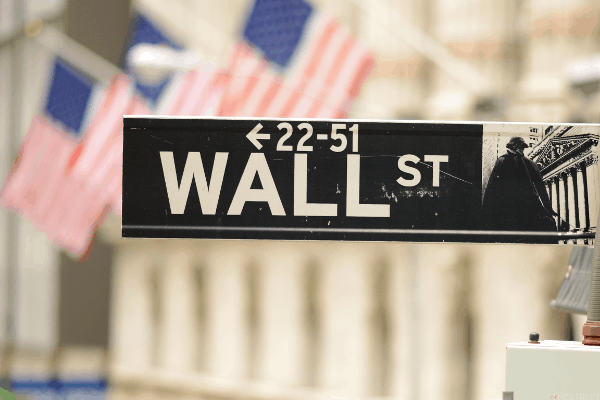
The private-investment-in-public-equity market has seen an uptick in oversize issuances since the Covid-19 crisis hit, with some private equity players jumping into jumbo-size deals.
The PIPE market is usually dominated by microcap and small-cap companies raising relatively small amounts of capital as more traditional financial markets and investors are not receptive to the companies that often lack the scale to gain attention.
Investors also may not like the looks of balance sheets heavy with losses and plagued by illiquidity. On the other hand, PIPEs are often transacted so that shares are priced at a discount to market price, an attractive feature for investors.
Still, the almost daily deals that feature companies such as Under Armour Inc. (UA), Lyft Inc. (LYFT) and Coty Inc. (COTY) are unusual. But a review of more than 1,100 proposed and closed PIPE transactions since late February shows almost 50 deals of more than $300 million.
Last year, the average PIPE raised about $63 million.
PrivateRaise, The Deal’s proprietary data service tracking private placements larger than $1 million, shows 44% of the large deals were completed by companies that have never accessed the PIPEs market before, including the aforementioned trio.
Data complied by The Deal shows that the 46 jumbo deals have raised $32 billion at time when capital markets are caught up in uncertainty. A total of 14 companies raised at least $1 billion in their deals, including Twitter Inc. (TWTR), Carnival Corp. (CCL) and Dick’s Sporting Goods Inc. (DKS).
Almost all the large PIPE transactions analyzed by The Deal were convertible debt deals where investors would have the ability to convert from notes to common shares.
Marc Ross, a partner with Sichenzia Ross Ferrance LLP, said the uptick in PIPE activity is led in part by market concerns around Covid-19. “The idea that more companies are doing PIPEs because of Covid-19 has some validity,” he said. “When capital tightens up, PIPEs are a real alternative for companies seeking a faster way to access capital.”
Ross, who anchors Sichenzia’s PIPE practice, says the fact that many PIPEs get done at a discount to the current share price brings investors in as well.
Editor’s note: The original version of this article, including advisers and other details, was published earlier on The Deal’s premium subscription website. For access, log in to TheDeal.com or use the form below to request a free trial.
This Content is Only for The Deal Subscribers
If you’re already a subscriber, log in to view this article here.



